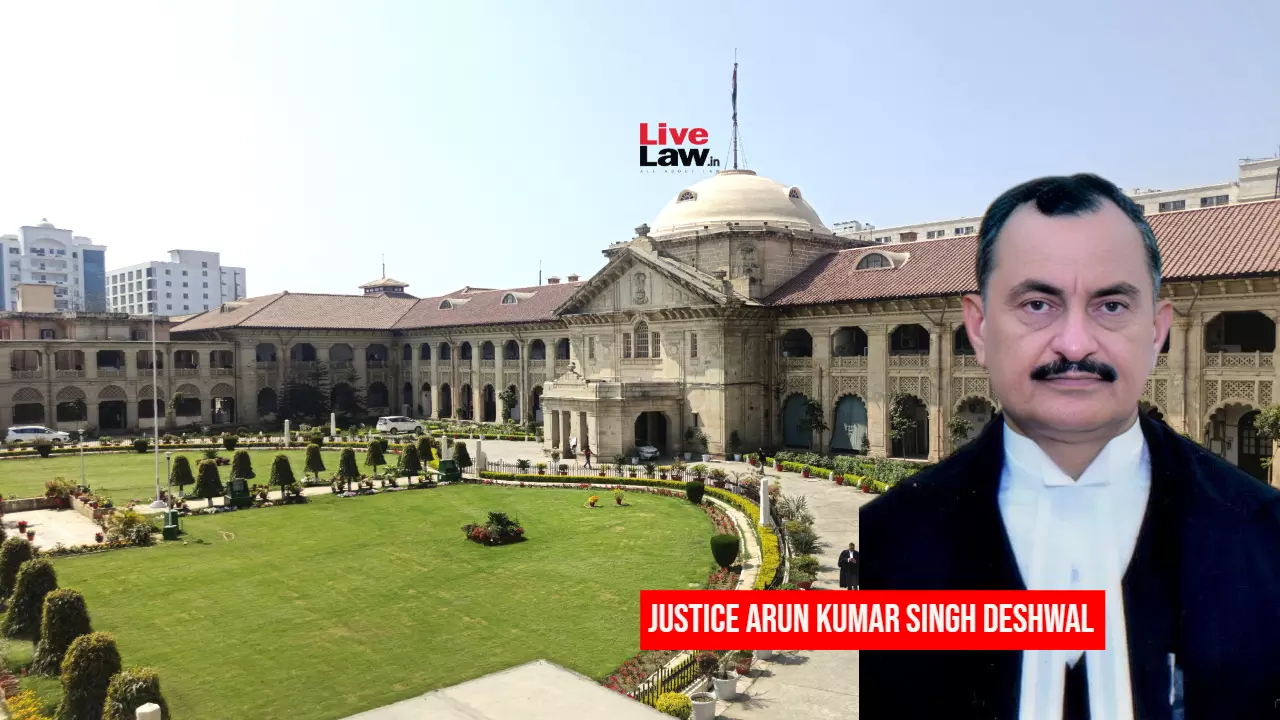Legal Help | Landlord Won’t Return Your Security Deposit? DO THIS (All Laws Explained)

Security deposit disputes often stem from unclear terms and legal variations across states in India. Understanding rent laws, refund clauses, and best practices to ensure fair and smooth landlord-tenant relationships.
Thank you for reading this post, don’t forget to subscribe!
NEW DELHI: A security deposit is an upfront payment made by the tenant to the landlord throughout the rental period. It serves as a safeguard against unpaid rent, property damage, or breach of agreement, and is refunded fully or partially after the tenancy ends.
To claim your security deposit back in India, first review your rental agreement to understand the refund terms and conditions. Provide proper advance notice before vacating the property, as per the agreement. Keep detailed records of the property’s condition and all communications with the landlord. If the deposit is withheld without valid reason, send a legal notice and consider approaching a civil or consumer court for resolution.
What is Security Deposit?
Security Deposit is a payment made to the landlord by the tenent as a financial protection before moving in to the property. The security deposit acts as a safety net for the landlord, covering unexpected issues like unpaid rent, property damage, or violation of the rental agreement during the tenancy.
However, Indian Rent Laws do not speciffy any standard amount to be asked as a security money,but different states has implemented their own regulations regarding the deposit, such as,
- Delhi: one to two months rent
- Mumbai: upto six months rent
- Karnataka: max. two months rent (as per Karnataka Rent Laws)
- Tamil Nadu: three months rent (limited by The Tamil Nadu Regulation of Rights and Responsibilities of Landlords and Tenants Act, 2017)
Hence, deposit money depends on the place, it is advisable to seek clarity about the security and refund clauses before before signing the rent agreement.
Security deposits basically covers:
- covering unpaid rent
- recovry of expanses for damage to the property
- covering utility bill in the name of landlord
The amount is basically held to cover potential damages, unpaid rent and breach of contract.
Model Tenancy Act, 2021
The Model Tenancy Act, 2021 aims to address the critical challenges faced by the rental housing sectors. According to the law, tenant must pay the security deposite in advance.
The objective is to establish a Rent Authority to regulate property rentals, safeguard the rights of both landlords and tenants, and ensure quick dispute resolution. It aims to create a vibrant, inclusive, and sustainable rental housing market by promoting formalization and increasing rental housing availability across all income groups, ultimately addressing homelessness.
The Act states that the security deposite should not exceed two months for the residential property and six months for the non-residential property. However, the metropolitan cities do not necessarily adhere to this particular rule. Only four states namely, Tamil Nadu, Uttar Pradesh, Andhara Pradesh and Assam has revised their tenancy laws as per the Rule.
Key Provisions:
- Written agreement is mandatory
- Establishes independant Authority and Rent Court
- Maximum limit for Security Deposite
- Describes Rights and Liabilities for both Landlord and Tenants
- 24 hours prior notice by the landlord
- Machenism for vacanting the premises
Security Deposit Laws as per the Model Tenency Act
The Act was approved on 2nd June, 2021 by the Union Cabinet.
The Model Tenancy Act aims to balance the rights and responsibilities of landlords and tenants for both residential and commercial properties in urban and rural areas.
It mandates a written rental agreement outlining all agreed terms.
Landlords are responsible for structural maintenance like painting and repairs, while tenants handle daily upkeep and minor fixes such as cleanliness, socket and switch repair, kitchen fixture repairs etc.
Landlords can deduct from the security deposit for unpaid rent or intentional damage, refunding the balance at the end of tenancy.
If tenants overstay beyond the agreement term, landlord rent may double the rent for two months and increase by four times afterwards, provided the landlord has met all contractual obligations.
All terms must be clearly stated to avoid disputes, which can be resolved through civil courts if needed.
ALSO READ: Union Cabinet Approves Proposed Changes Of Waqf (Amendment) Bill After JPC Report
Refund Clauses Mentioned in the Model Tenancy Act
As per the Act landlords can deduct unpaid dues or major repair costs from the security deposit before refunding the balance.
Refunds are only applicable when the tenant vacates after the agreement ends, not during renewals.
The deposit must be returned on the same day or within 15 days of vacating the property, failing which the landlord must pay simple interest to the tenant.
Landlord Refuses to Return the Deposit
If landlord refuses to return security deposit, prompt action is essential.
Begin by sending a formal written request with details of tenancy and move-out date, and keep copies of all related documents, such as the rental agreement, payment receipts, condition photos, utility bills, and communication records.
If there’s no response, send a legal notice through a lawyer specifying the refund amount, a deadline, and consequences of non-compliance.
If the issue persists, either file a case in civil court or approach the consumer forum, with the letter typically offering quicker resolution.
Additionally, if the landlord refuses rent payments, you may deposit the rent in court to avoid being labeled a defaulter and to safeguard your legal standing.
Click Here to Read Our Reports on Rent Agreement
Click Here to Read Our Reports on Rent Laws
FOLLOW US ON YOUTUBE FOR MORE LEGAL UPDATES







